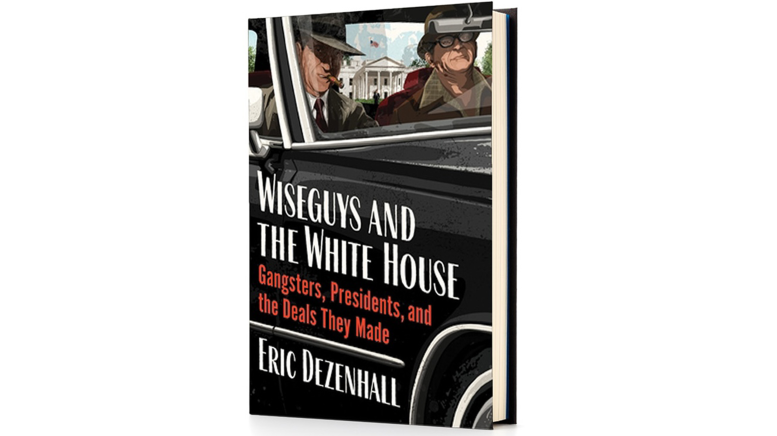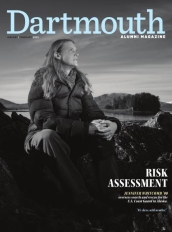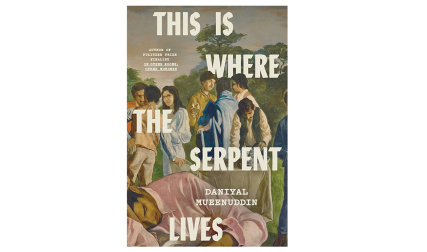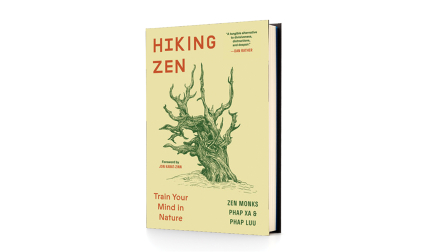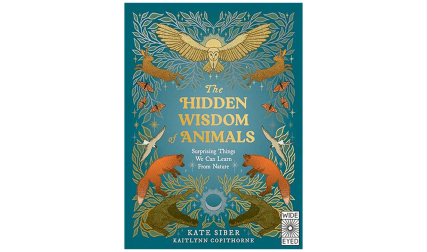ERIC DEZENHALL ’84
Wiseguys and the White House: Gangsters, Presidents, and the Deals They Made
Harper
“What did the president know,” Sen. Howard Baker famously asked about President Richard Nixon during the Watergate hearings, “and when did he know it?” It’s that difficult question that haunts Wiseguys and the White House: Gangsters, Presidents, and the Deals They Made, Eric Dezenhall’s thoroughly entertaining book about the connections between organized crime and a series of modern presidents from Franklin D. Roosevelt and Harry Truman to Donald Trump and Joe Biden.
In something like the manner of a skilled prosecutor methodically building a series of cases at trial, Dezenhall synthesizes what’s known about how various administrations have been linked with the Mafia and other underworld figures (including Meyer Lansky, Bugsy Siegel, and the Chicago Outfit), supplementing this trove with newly released government documents and fresh interviews with mobsters and people who knew them.
In colorful, often spellbinding detail, the author forges chains of evidence that try—with varying degrees of success—to link Roosevelt to Lucky Luciano and other mobsters who helped identify German agents operating in New York City during World War II; Truman and John F. Kennedy to the racketeers who helped them get elected; Lyndon B. Johnson and Mafia informant-assassin Greg Scarpa during the civil rights era; Ronald Reagan with Hollywood mogul Lew Wasserman and mob fixer Sidney Korshak; Biden and Frank Sheeran, another hit man immortalized in the 2019 Martin Scorsese film The Irishman; and Trump to various criminal types connected to the construction and casino businesses. Trump, Dezenhall points out, is the only American president to have spoken openly about knowing and dealing with mobsters, whom he has called “very nice people.” In a 2004 speech, he added that he was reluctant to do The Apprentice because of the presence of TV cameras in his office. “Mobsters don’t like, as they are talking to me, having cameras all over the room,” Trump said. “It would play well on television, but it doesn’t play well with them.”
In the end, the cases Dezenhall builds, however convincing, are largely circumstantial. There are no smoking guns. After laying out a trail of evidence tracing mob activity to Roosevelt’s door, the author argues that it would “defy the basic tenets of logic if FDR was not aware of—or even encouraged—Operation Underworld.” But what the president must have known, and what he can be indisputably proved to have known, are two different things. Again and again, however, Wiseguys and the White House closes the gap.
